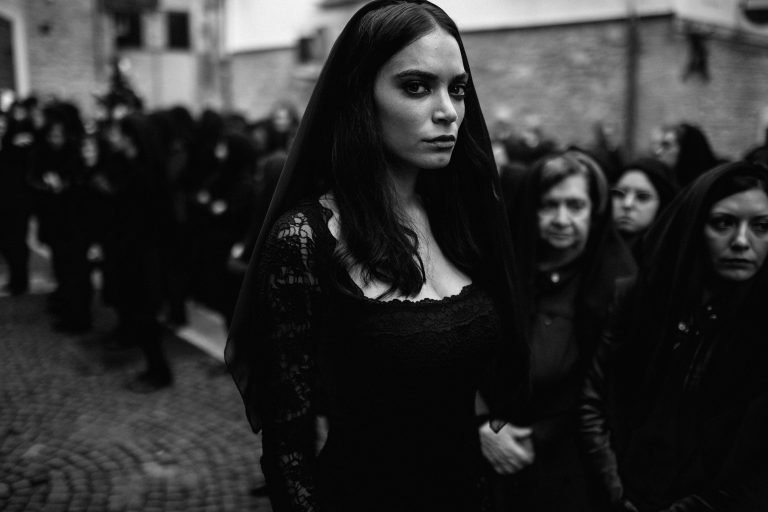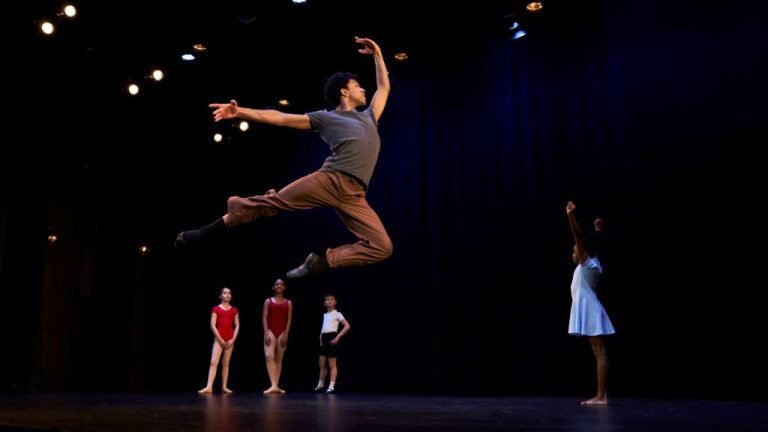In Kaouther Ben Hania’s documentary – Four Daughters, fact and fiction are interpellated to mixed results. Under the film’s meta-fictional gaze, the subjects, a Tunisian family devastated by the decision of its two daughters to join ISIS, seek some sort of closure, hoping to have a better understanding of how things came to pass to their present circumstances. The trouble with how the director chooses to mediate is the varnish of artifice and aesthetic gloss she applies to the confessional mode of narration. DP Farouk Laaridh has these carefully blocked scenes, often planting the real-life individual and her acting counterpart across a dividing mirror or window. The divisional pane is a little hard-nosed in its symbolism on how there might be some osmosis in the exchange between the actor and subject, each in some way informing as well as deducing from the other.
Hend Sabri fills in for the mother of four daughters, Olfa, in the re-enactment of scenes from her life that may be too traumatic for her to re-live while recalling and narrating. Occasionally, Sabri and Olfa trade places in the same scene. There are also two other professional actors, Nour Karoul and Ichrak Matar, essaying Olfa’s elder daughters, Rahma and Ghofrane, who got ‘devoured,’ as initially described to us. The two younger daughters. Eya and Tayssir still live with their mother. A watchful Olfa hovers around at the edge of the room. While the daughters assert that the film is allowing them to speak out, one of them saying how she would badly want to strangle Olfa, to what degree they are being able to honestly articulate and how that has subsequently been presented for us, are subject to conjecture and debate.
We are also let into how the actors and the family work together in grappling with and staging the re-enactments. However, Ben Hania, while striving to strike the hybrid form, is very prone to making the scenes seem more constructed than letting it flow in a free, defiant rhythm of its own. The re-enactments have a wide extent, ranging from Olfa’s marital night, most memorable for Olfa punching her forceful husband and smearing the sheet with his blood, to her violent, stormy responses to her daughters’ shaving their legs. The fear of sexual impropriety and anxieties surrounding the female body prevail throughout, perched particularly at the cusp of adolescence. “Their bodies are dangerous; it’s where the line is drawn,” Olfa admits to her reservations about her daughters and the ways they choose to exert control over their own bodies.
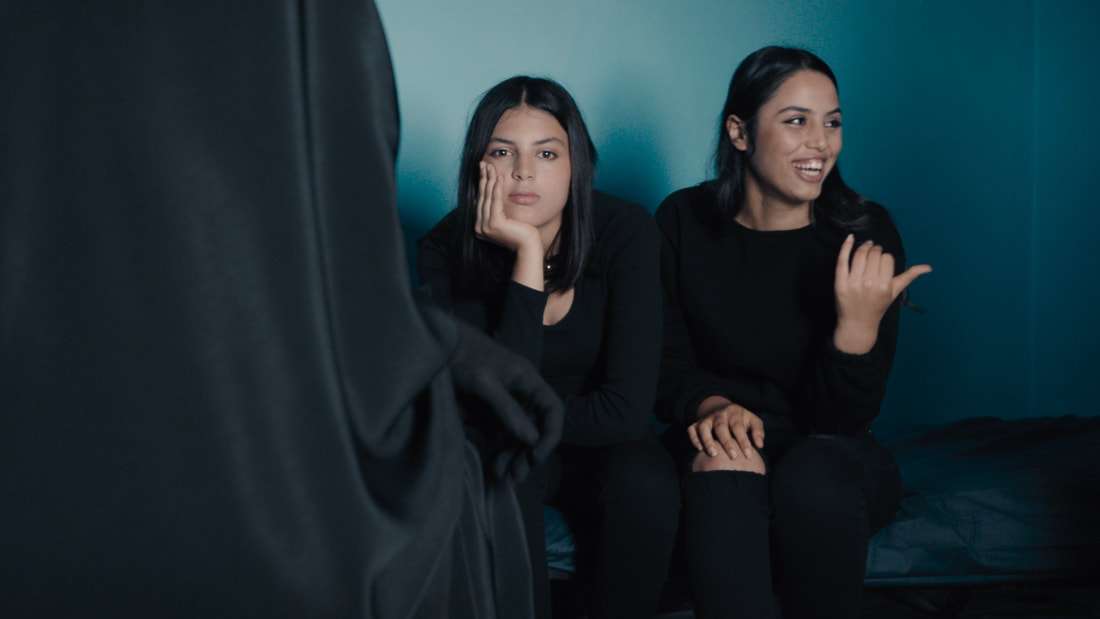
The film unravels the cost of Olfa’s attitudes, choices, and decisions on various personal fronts and what damage they have had on her daughters. Olfa remarks the Revolution encouraged her to stage her own little act of resistance, in finally breaking away from her husband and going to her sister’s, where she fell for a fugitive, Wissem. Olfa could never find any sliver of affection in her husband for her (Olfa tries to teach him to cuddle her while watching a film starring Sabri herself), which she gets from Wissem. For the first time, she felt loved, albeit oblivious to Wissem’s predatory intent on her daughters. Or when she senses her daughters are straying from how she had envisaged them to be, she compels them to relocate to Libya with her, making them take up the work of cleaning ladies.
There is presumably some kind of attempt to make the mother reckon with her mistakes in perpetuating the patriarchal cycle of abuse she had been subjected to, internalized, and which she only knew to inflict further on her daughters. Olfa was as much a vicious perpetrator of slut shaming upon her daughters as her husband used to be, whose only contribution to his daughters’ lives is his generous cussing which they caught on to. The daughters themselves spell this out, with Sabri insisting on Olfa that the onus would be on Eya and Tayssir to break this cycle. Both of them must have a fair share of resentments towards their mother, but the glaze that’s peculiarly put on their filmic positioning robs some real anger and texture with which the film could have delivered a more rounded emotionality beyond the poignance.
Where the film is flaky, and the level of insight too slight and not deepened by the meta-lens is the portion that catapulted the family to national attention. Ben Hania’s approach to the extreme radicalization of the elder daughters who fled home and joined the jihadi cause is ridden with the most superficial patchwork of news footage, a few scenes of an angry, fraught mother and her helpless inquiries with the cops who quickly confess they are quite powerless in the matter. A seething Olfa charges them with abdicating responsibility and letting the Revolution with its sheikhs coercing the women into the hijab have its sway.
As Ghofrane and Rahma are pulled into the folds of the hijab, they start endorsing it in the family, even casting severe judgments on Olfa for not adopting the veil. These stretches in the film could have benefited if it drew more from the mother realizing her plummeting loss of control over her daughters instead of blandly interweaving snatches of reportage about their family and apprehended linkages to ISIS. However, Ben Hania is able to take her film to a final emotional space for her subjects that seeps with gut-wrenching honesty, grief, and guilt, with none of the usual obtrusive appendages of scene blocking. The ultimate appeal of the two younger daughters cuts right to the marrow. I wish the film trusted such spareness instead of feeling the need to prop it up any further.



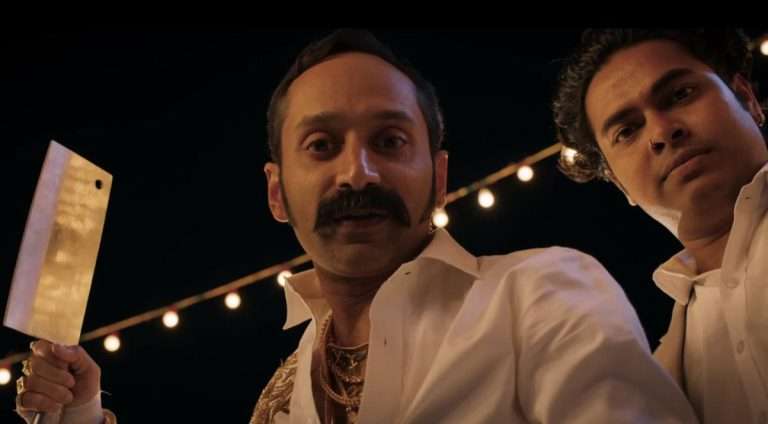
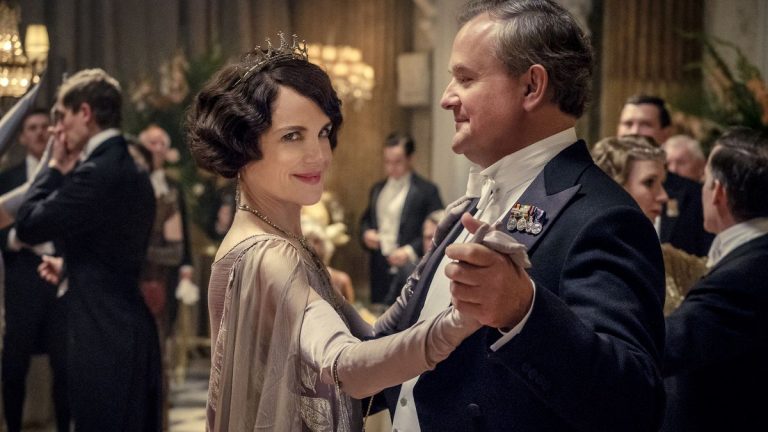
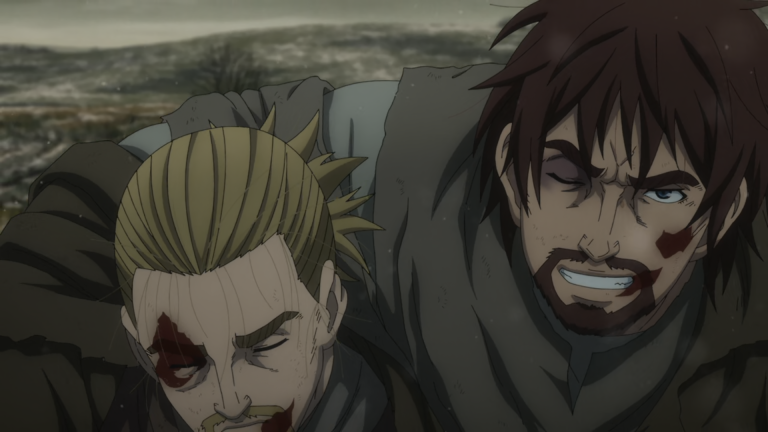
![Never Rarely Sometimes Always [2020] Review – A Quietly Heartbreaking Drama on Abortion Experience](https://79468c92.delivery.rocketcdn.me/wp-content/uploads/2020/04/Never-Rarely-Sometimes-Always-2020-768x332.jpg)
